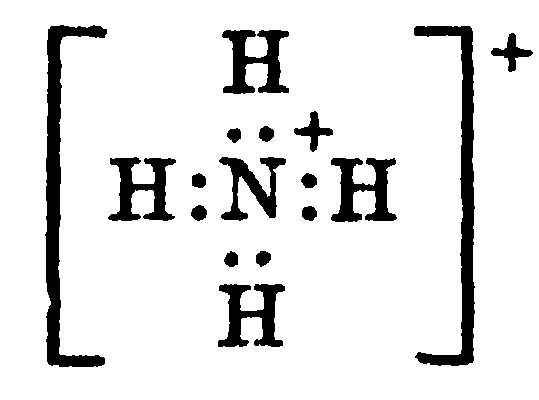From Advanced Organic Chemistry by David Lewis:
The simple Lewis covalent bond model involves (in the formal sense, at least) the contribution of one electron to the bonding electron pair from each partner ... There are compounds known whose bonding is not completely explained by the simple Lewis covalent model. In such cases, Lewis proposed that one of the two partners in the bond formally contributes both electrons to the bond. Instead, modern applications of Lewis theory use the concept of formal charge to indicate that both electrons in a covalent bond formally originate on only one of the two atoms
Clearly, it seems that the author has some meaning in mind for "formal" besides it just being the first word in "formal charge." I can't quite figure out what it is, however, despite some online research. So what does "formal" mean here?

